I would like to conduct regex substitution. Here is the pattern I am using:
.*?fee.*?$|.*?charge.*?$
The matches the desired lines
- "fees credit card"
- "charges for interest"
However, it is also matching on coffee and feeder (I want to be specific that it does not match "coffee" or "feed" lines, how can I specifically prevent these matches but still handle cases like fee, fees)
- "coffee shop"
- feeder cattle




